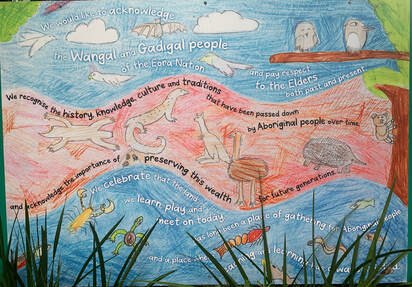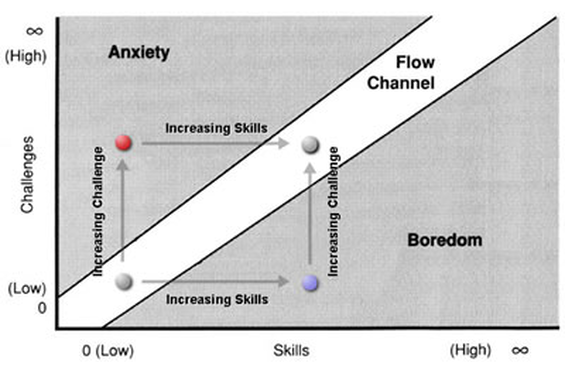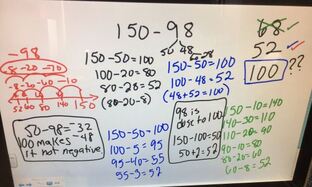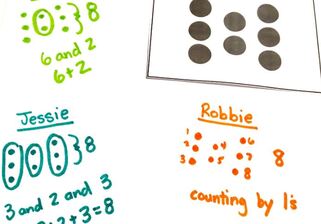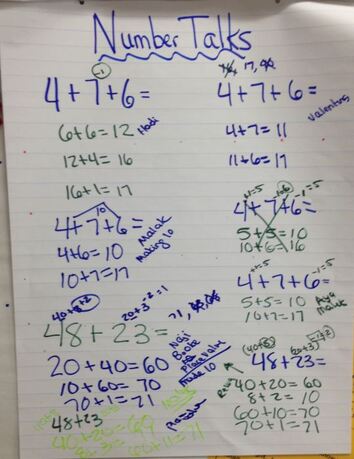Welcome to SDD, Term 3
Overview of the day:
Actioning our next steps following Instructional Rounds
High Expectations, Formative Assessment, High Potential and Gifted Education
Lunch
Number Talks
Stage Planning Meetings
Actioning our next steps following Instructional Rounds
High Expectations, Formative Assessment, High Potential and Gifted Education
Lunch
Number Talks
Stage Planning Meetings
Session 1: High Expectations
From Instructional Rounds we found that we needed to:
Define 'appropriate challenge' and 'high expectations' and embed these within our school culture and practice.
Define 'appropriate challenge' and 'high expectations' and embed these within our school culture and practice.
Read through:
- What Works Best 2020 (p.6) - High Expectations and
- What Works Best in Practice (p.6) - High Expectations
